Selecting an international school in Abu Dhabi is an important decision for families navigating the city’s diverse educational landscape.

Abu Dhabi’s international schools offer over 17 curricula including British, American, and IB programs, providing flexibility for families to choose programs that suit their children’s needs. This allows families to select an education system aligned with their home country’s or globally recognized standards.
ADEK (Abu Dhabi Department of Education and Knowledge) is the regulatory authority for Abu Dhabi’s private education sector. An ADEK rating is an evaluation given to schools according to ADEK criteria. ADEK reports are available publicly and provide a detailed breakdown of each school’s performance.
Parents often like to use the ADEK insights in addition to accreditation systems that are aligned with the curriculum they have chosen and/or standards set by the Department for Education in their home country. For example, British Schools Overseas (BSO) inspections are:
Other accreditation systems include:
Diversity varies among schools:
English is the main language in most international schools. Additionally:
Admission policies differ by school:
Most schools provide extensive extracurricular opportunities, including sports, arts, and cultural clubs, helping students explore their interests beyond academics. Some schools include extracurricular programs in their tuition fees, whereas others employ external specialists who charge their rates in addition to tuition fees.
Schools in Abu Dhabi have inclusion departments to assist diverse learners. Some schools specialize in particular learning support areas, offering tailored resources for students with specific needs.
Facilities range widely from:
Tuition fees vary:
Additional costs may include uniforms, books, and extracurricular fees.
International schools are spread across Abu Dubai, so proximity to your home can significantly affect commute times. Popular residential areas for expatriate families include Al Raha, Khalifa City, Saadiyat Island, Yas Island, and Reem Island.
Many schools deliver bus services across the city, but proximity to home can significantly impact travel times. External bus providers must adhere to strict Transportation Policy rules outlined and regularly updated by ADEK.
The academic year in most international schools runs from August to July, and students can join at any time during the year, making it convenient for relocating families.
An exception to this is the academic year for CBSE (Central Board of Secondary Education) schools in Dubai which follow the Indian academic calendar running from April to March.
The transfer certificate from a child’s current school needs to be on the school’s letterhead, stamped and signed by the Principal, and must not be dated more than three months before the date of entry to the new school. The certificate needs to be attested by the Ministry of Education, Department of Foreign Affairs and the UAE Embassy in the country where it was issued. Attestations are not required if the applicant is coming from a school in the US, Canada, Europe, Australia or New Zealand.
NOTE: Without this certificate, a school cannot register a student with the Ministry of Education and your child will not be able to attend school in the country.
Required documentation for placement and enrollment typically includes a birth certificate or Emirates ID for age verification, parent’s passports and visas, medical reports, SEN reports, school records from previous schools, and a transfer certificate.

